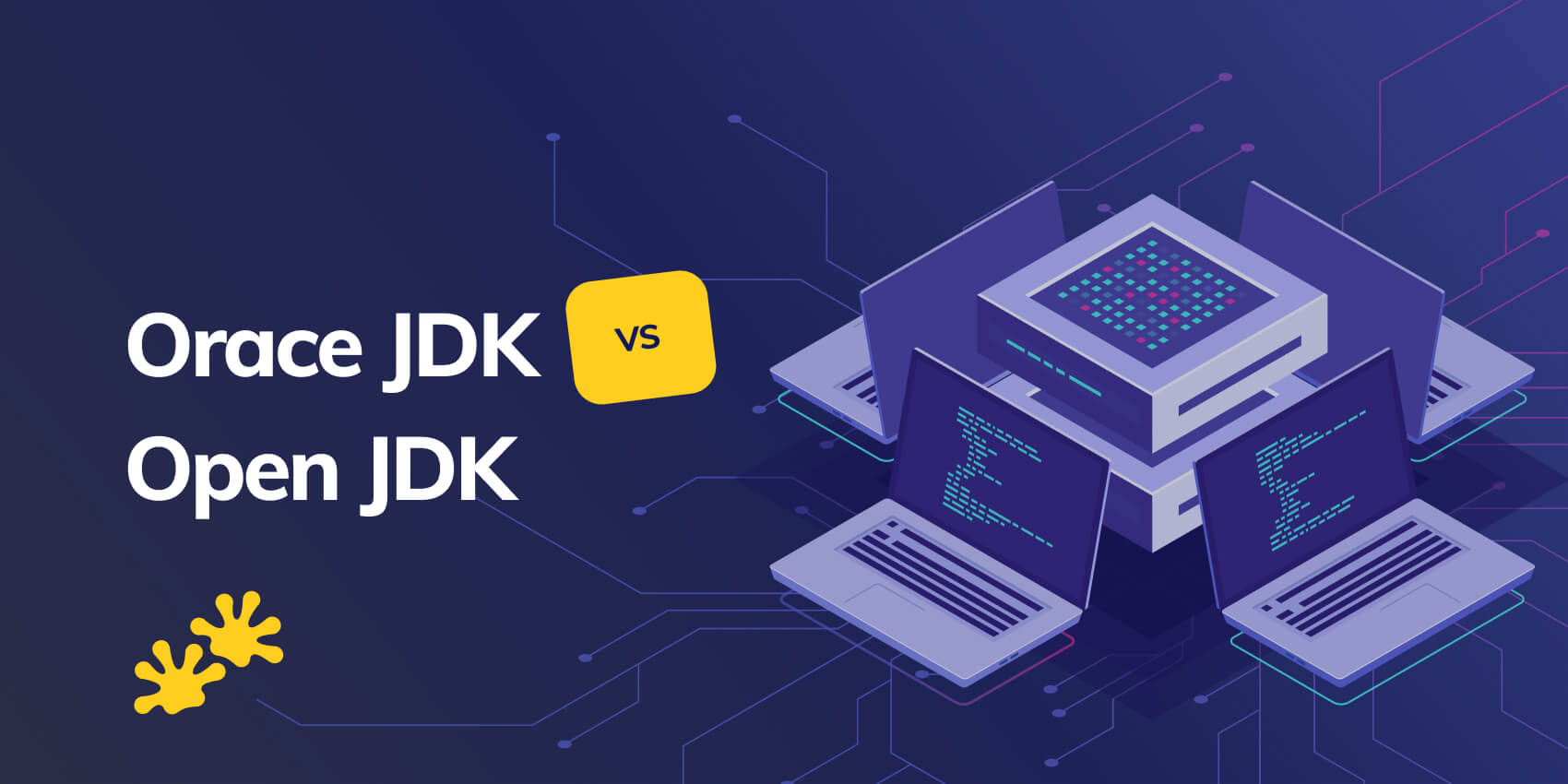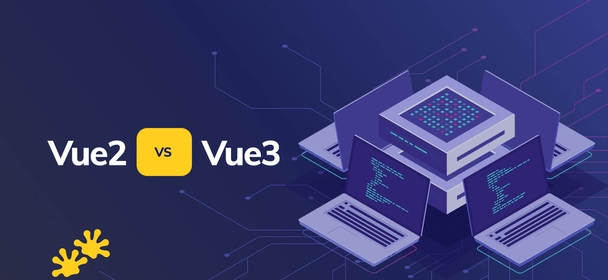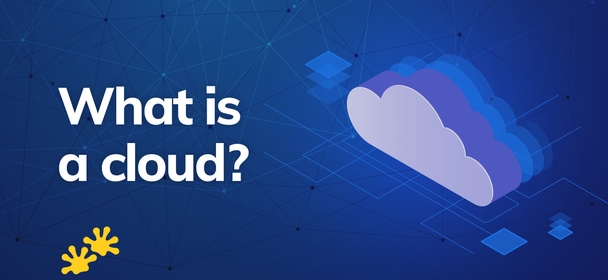Oracle JDK vs Open JDK

In this article, we want to discuss the differences between Oracle JDK vs Open JDK. There has been a lot of confusion lately about Java and its available SDKs (Software Development Kits). To be clear, both are implementations of the same Java specification that passed the TCK (Java Technology Certification Kit) and are owned and maintained by Oracle. The greatest difference is that Oracle JDK is free for development and testing, but you have to pay for it if you use it in production, and OpenJDK is free for any environment. So, are there any crucial differences between them?
What is JDK (Java Development Kit)?
As a major programming language throughout the past few decades, Java has been integral to computer science, and the Java JDK is essential in establishing a development environment. Java Development Kit is a software development environment that provides the necessary collection of libraries and tools for developing Java applications. JDK is needed if you want to convert your source code into a format that the Java Runtime Environment (JRE) can execute. The JDK includes the Java Runtime Environment (JRE), an interpreter (java), a compiler (javac), an archiver (jar), a documentation generator (javadoc), and some other development tools.Typically, if you are only interested in running Java programs on your machine or browser, you only need to install JRE. In case if you would like to develop an application and do Java programming, you will need JDK.
Oracle JDK vs OpenJDK
Both OpenJDK and Oracle JDK have exactly the same implementation of language features, but there is one significant difference - costs. Oracle JDK just builds a pipeline and takes Open JDK source code, builds it, packages it with features, some are free and some not. The commercial features (like Flight recorder) are turned off by default. Once we have a license, we can enable them all. Since Oracle Java is not free, it requires a commercial license under the Oracle Binary Code License Agreement, and there are other differences within support and cost, too. The reason why it is targeted towards enterprise users is that it has a rich library as compared to OpenJDK and long-term support which ensure stability for the developers using it. Typically, for Java SE Desktop Subscription, you might have to pay a minimum of 2.5$ per named user profile per month, and a minimum of $25 per processor (volume 1-99), but there is no official information on how much an Oracle commercial JDK license costs. To get a commercial Oracle JDK license, you need to contact Oracle sales directly. On the other hand, OpenJDK is free, so you don’t need a penny to use it, so if you don’t want to pay for Oracle Subscription and still want to use Java for free in all your Production Systems then OpenJDK might be the right choice for you.
Releases and Support
In the case of OpenJDK you can count on new features released every six months, this strategy helps to improve the developer’s experience and it’s supported by the Java community who contributes to its development. There is also a pretty big con of this situation, after six months you have to update JDK if you want to use a supported version of Java. In other words, it can cause security risks due to constant updates and unstable GDK. On the other hand, Oracle JDK offers long-term support to the changes effected in their releases, for example, Oracle provides its customers with a 3-year support plan for Java 8 (which can be extended to 5 years) and a 5-year support plan for Java 11 (which can be extended to 8 years).
Oracle JDK
- Security and bug fix updates will be available for a longer period of time in comparison to OpenJDK.
- Oracle JDK focus on stability due to their enterprise audience.
- Oracle JDK experience high performance compared to Open JDK, whose JVM performance and responsiveness is lower sometimes.
- Oracle JDK is based on Open JDK, which was donated to the public by Sun Microsystems.
- Oracle JDK has better renderers compared to Open JDK which has fewer render options due to a lack of Oracle JDK features.
- Oracle JDK requires a commercial license.
- Problematic crashes and bugs are unlikely to occur with Oracle JDK.
OpenJDK
- OpenJDK is developed, maintained, and supported by Oracle together with the OpenJDK community.
- It’s more likely used when bundling JDK with your open source project or product.
- Security and bug fix updates are available for 6 months till the next JDK release, and usually, there are two scheduled updates during this period.
- Using OpenJDK has no issues with licensing and it is completely free to use in the case of open-source projects.
- It has less feature than Oracle JDK.
What are Oracle JDK commercial features?
Basically, there are some features strictly restricted for the commercial license. In this case, if you want to use any of the features listed below, you will need to purchase a license:
Java Flight Recorder
is intended for diagnostics, this tool collects diagnostic and profiling data about a running Java application.Java Mission Control
together withJava Flight Recorder
creates a complete tool chain to continuously collect low level and detailed runtime information, enabling after-the-fact incident analysis.Java Advanced Management Console
offers system administrators greater and easier control in managing Java version compatibility and security updates for desktops within their enterprise and for ISVs with Java-based applications and solutions.MSI Enterprise JRE Installer
allows system administrators to quickly and consistently roll out pre-configured Oracle JRE updates to Windows systems via automation tools. It is available to Java SE Subscription, and Java SE Desktop Subscription subscribers, and is a commercial feature entitlement for legacy Java SE Advanced and Java SE Advanced Desktop customers.
Conclusion
Final thoughts on Oracle JDK and OpenJDK? Firstly, both of JDK’s are used to develop Java stand-alone applications, Java web applications, and graphical user interfaces. The biggest difference between these two are licensing and to be honest, some features that you won’t see in case of OpenJDK. Oracle Commercial JDK might be the best option for those who don’t want to change anything and are ready to pay.

